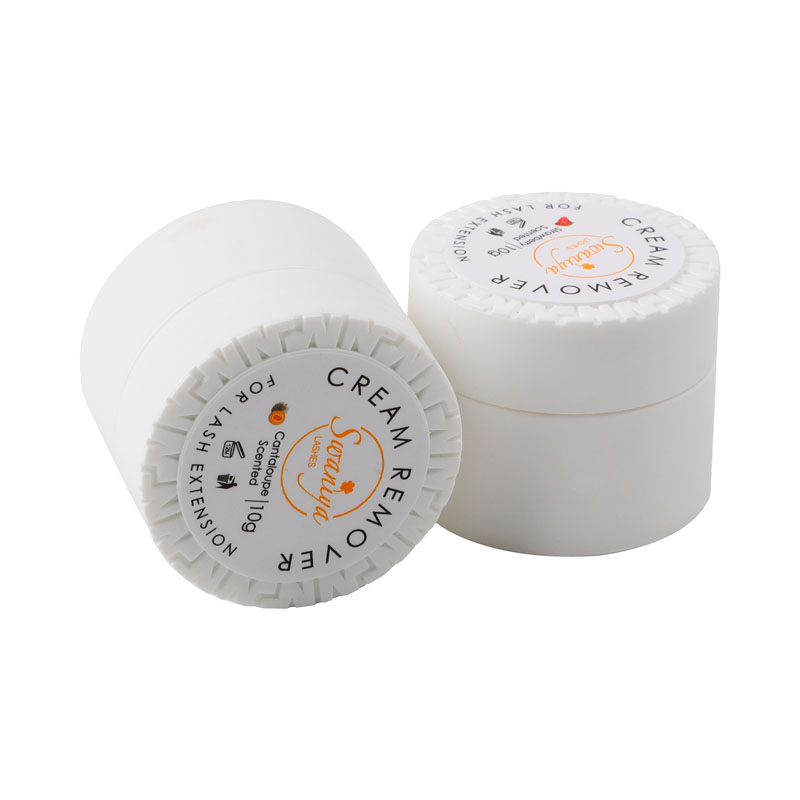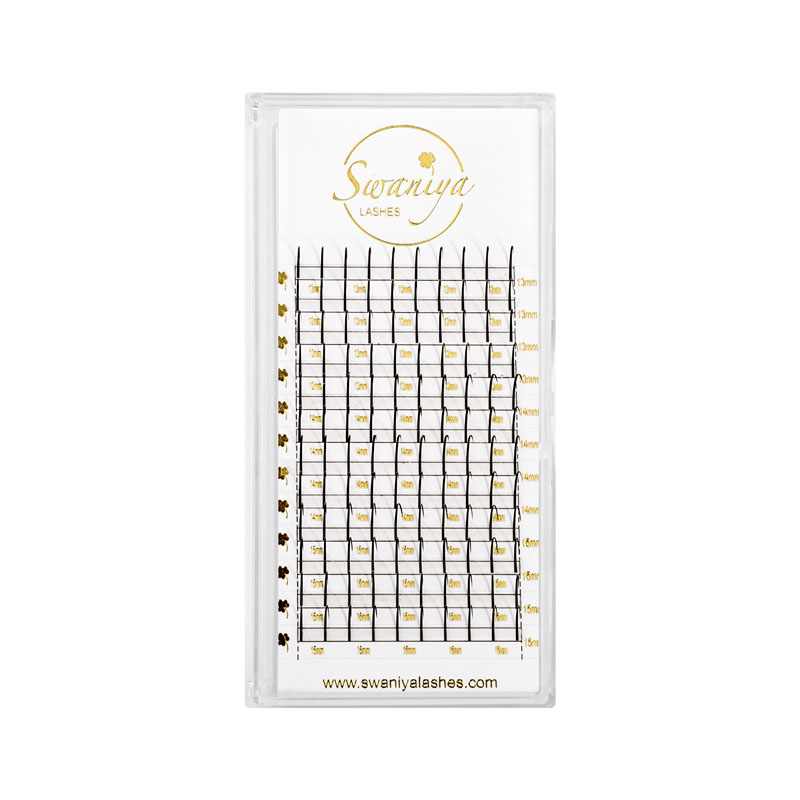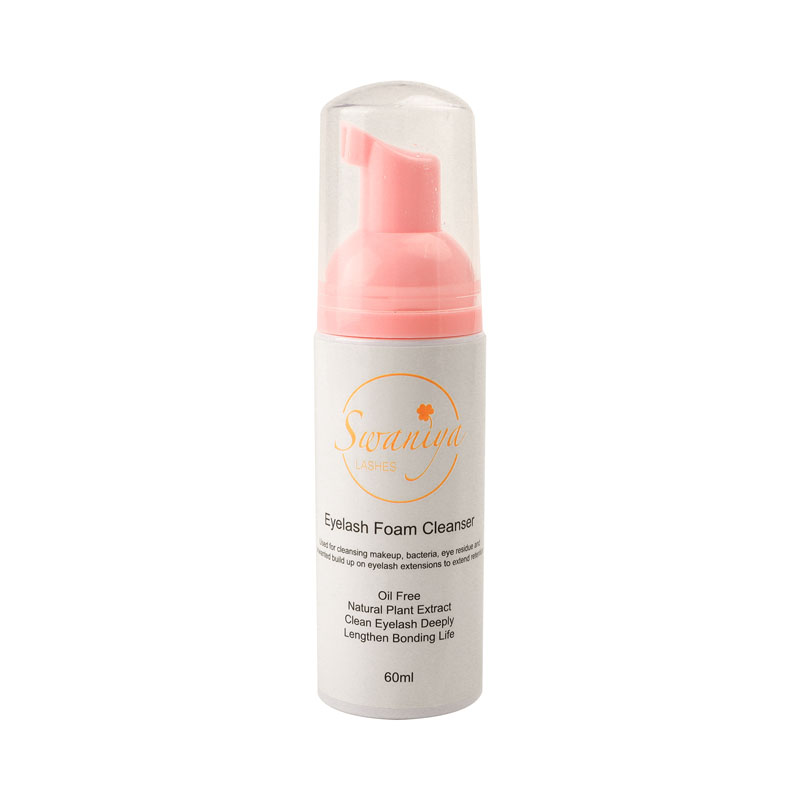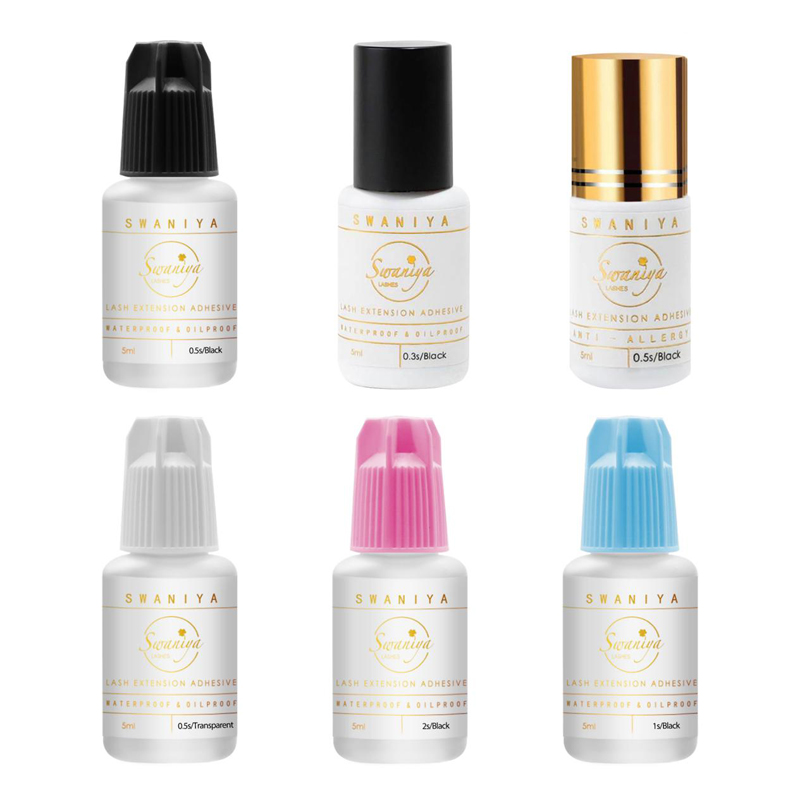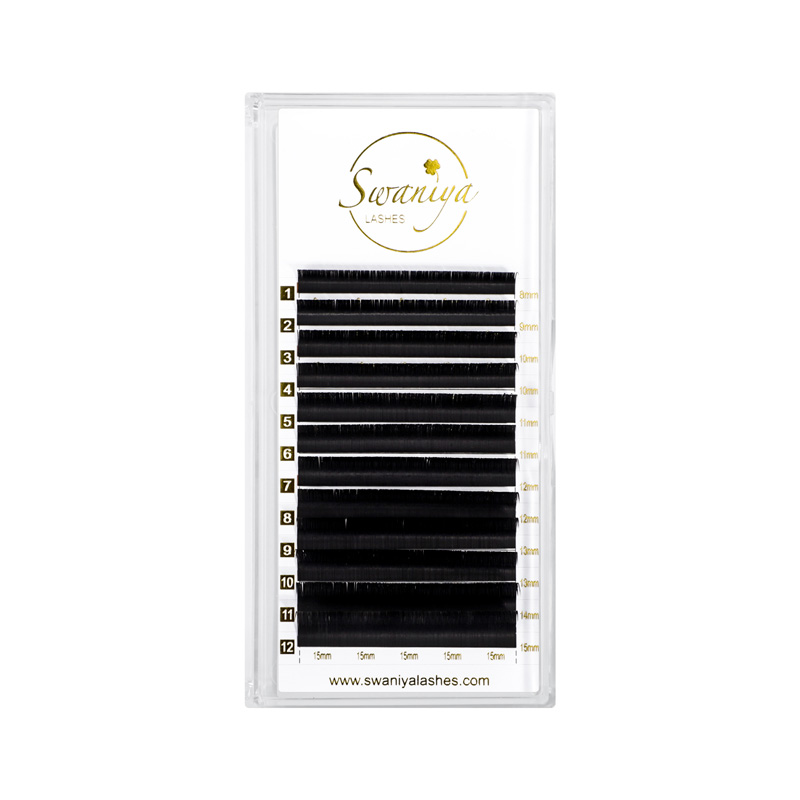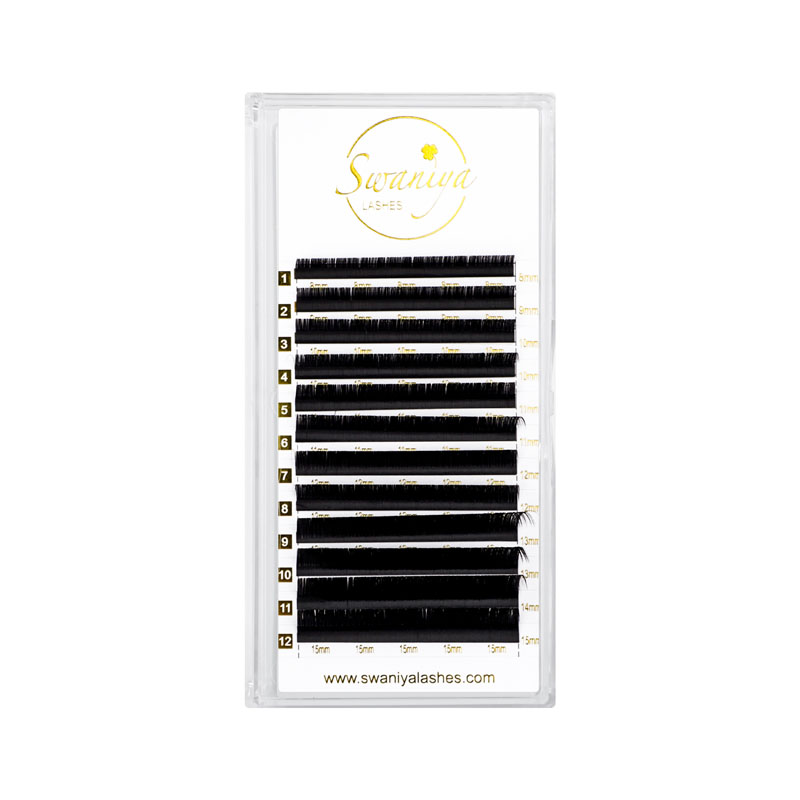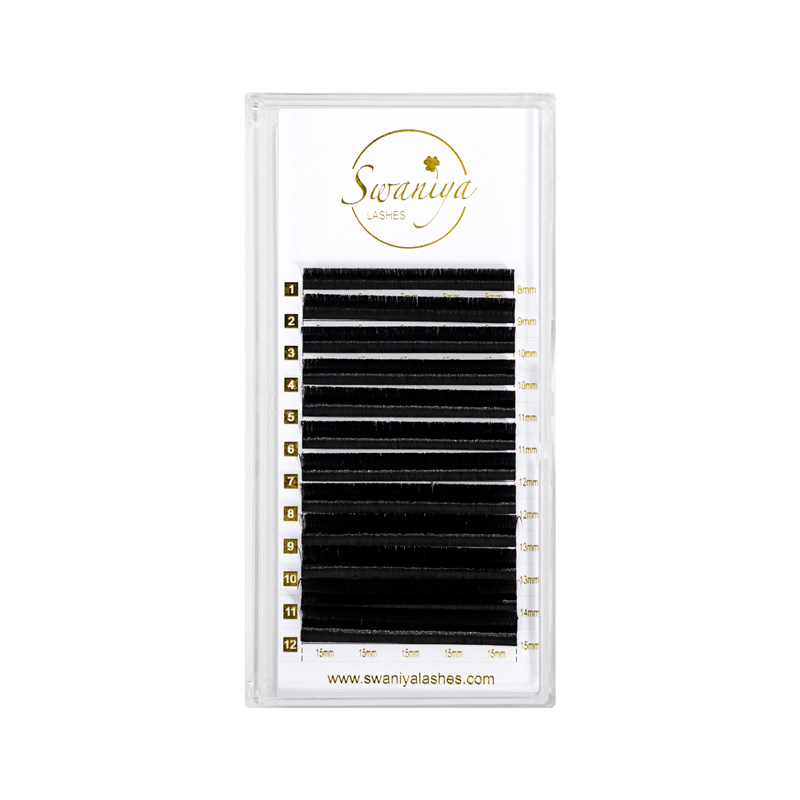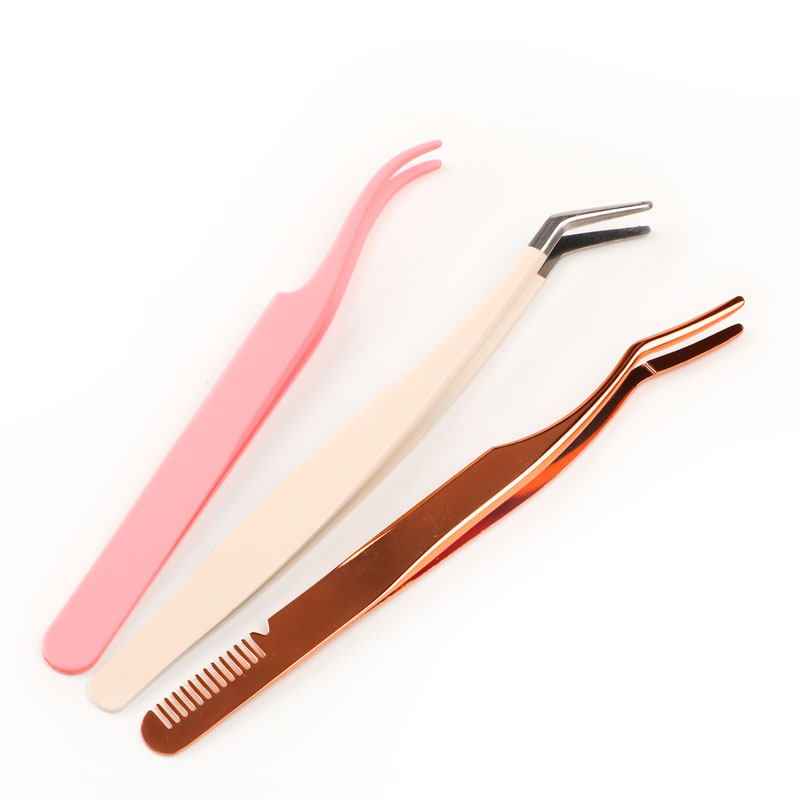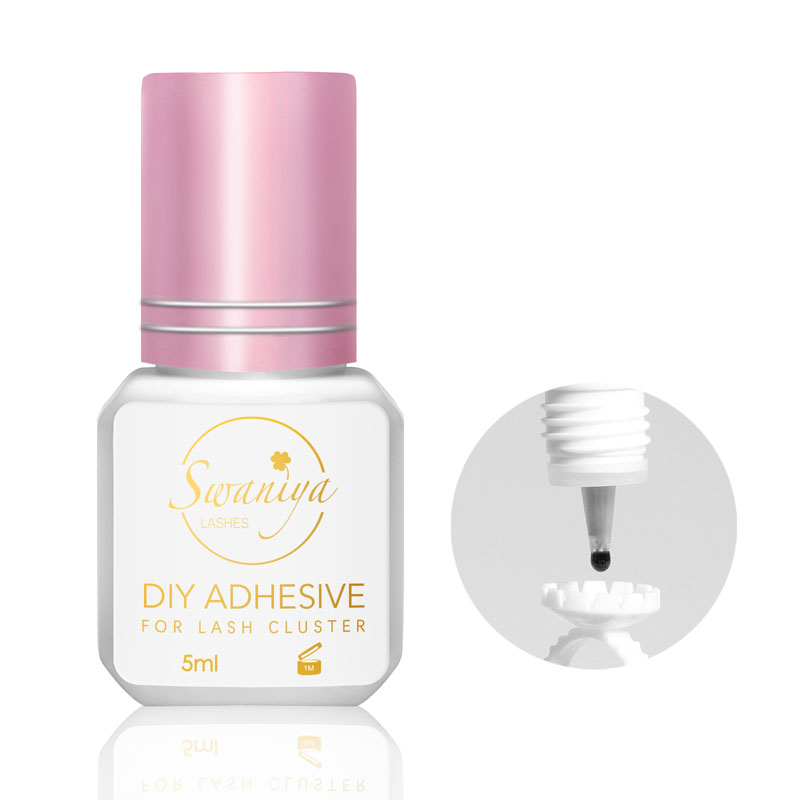Language
- English
- Afrikaans
- שפה עברית
- Galego
- Latviešu
- icelandic
- Hrvatski
- Shqiptar
- Malti
- ქართული
- Հայերեն
- Lëtzebuergesch
- Español
- Português
- русский
- Français
- 日本語
- Deutsch
- Italiano
- Nederlands
- ภาษาไทย
- Polski
- 한국어
- Svenska
- magyar
- Malay
- বাংলা ভাষার
- Dansk
- Suomi
- हिन्दी
- Pilipino
- Türkçe
- Gaeilge
- العربية
- Indonesia
- Norsk
- český
- ελληνικά
- український
- فارسی
- български
- Latine
- Azərbaycan
- Slovenský jazyk
- Lietuvos
- Eesti Keel
- Română
- Slovenski
- Srpski језик
- Javanese


